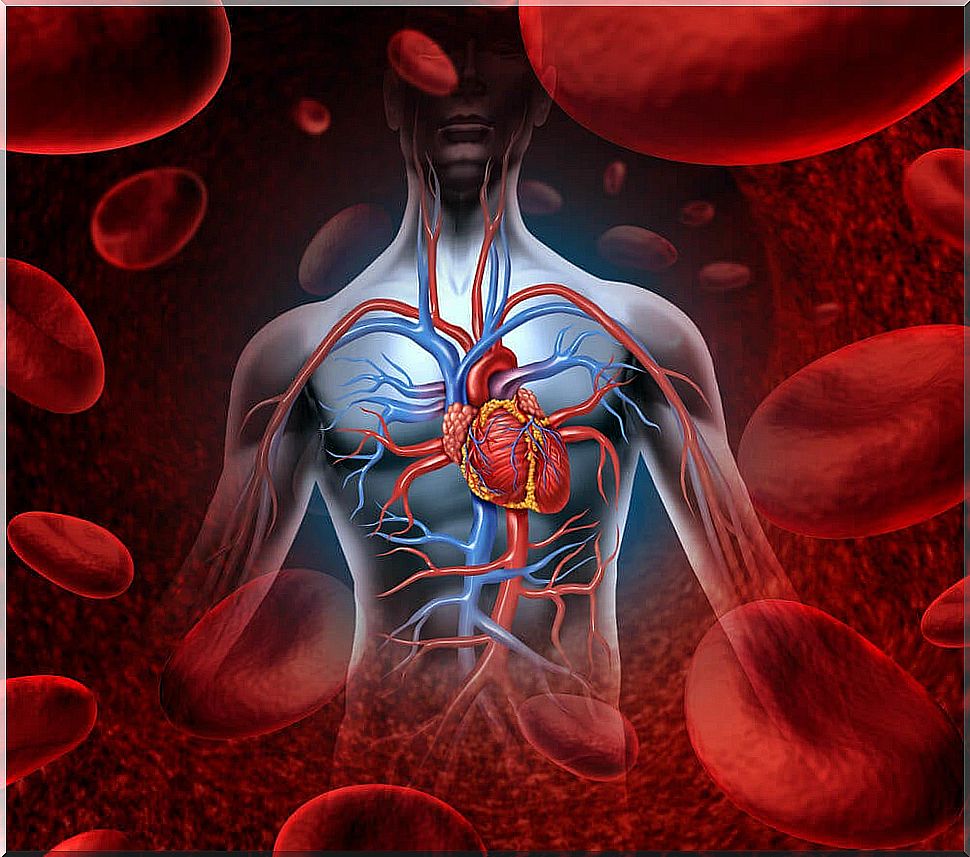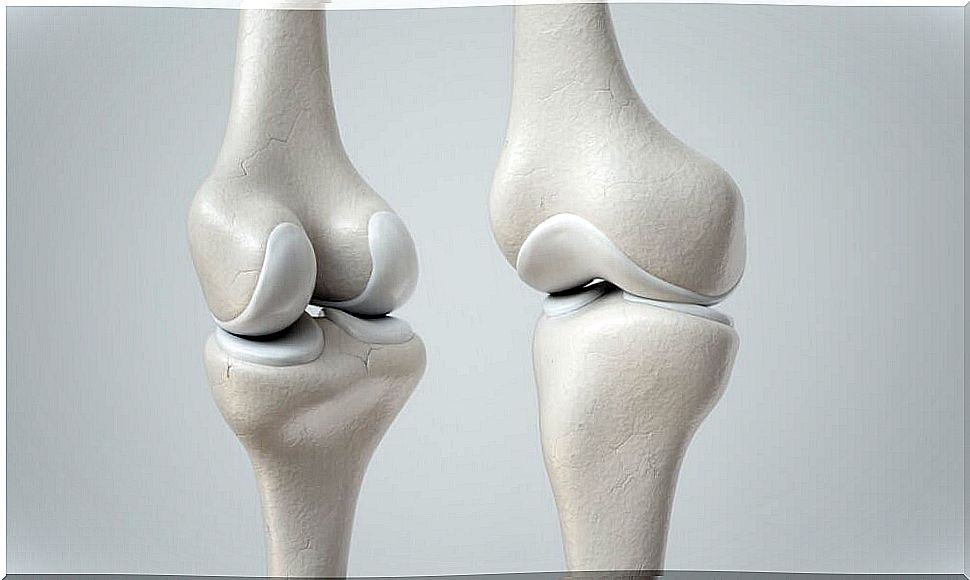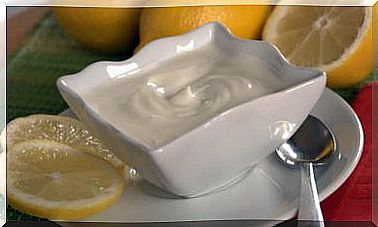Effects Of Nitric Oxide On The Human Body
Nitric oxide is a chemical mediator of endogenous origin, meaning that it is produced within the body. It is recognized for being the natural vasodilator par excellence.
Vasodilators are drugs that open (dilate) blood vessels. In this way, they affect the walls of the arteries and veins, which prevents them from tightening and the walls from narrowing. As a result, blood flows through the blood vessels more easily and the heart does not have to pump as hard, which lowers blood pressure.
It is also known as nitrogen oxide (II) or nitrogen monoxide and has multiple effects that promote the functioning of the body.
The nitric oxide molecule is made up of two atoms: one of oxygen and the other of nitrogen, and it has a great capacity to cross the membranes of the body. Let’s see more about it below.
Physiological processes generated by nitric oxide
- It works as a neurotransmitter.
- Relaxes the tone of the blood vessels.
- It favors osteogenesis or bone formation.
- Maximum responsiveness of the immune system.
- It inhibits platelet aggregation, that is, it reduces blood clotting.
All of these effects regulate the homeostasis of the body. In other words, it controls that all substances are secreted on time and in the right amounts. These effects promote the effectiveness of all the body’s processes.
Let’s see more about each of these processes below. In this way, it will be easier for us to understand them.
Cardiovascular system

- Vascular tone. By being manufactured in the walls of blood vessels, nitric oxide modulates vascular tone. In other words, nitric oxide is responsible for relaxing the internal walls of the vascular system, causing dilation of the muscle that forms the walls of arteries and veins. This process collaborates in the reduction of the pressure that is generated as a consequence of essential arterial hypertension. This is the pressure at the level of the cerebral, renal, retinal and pulmonary arteries.
- Platelet aggregation. This is another of the effects that this substance generates after its secretion. When it comes into contact with the vascular system, it begins to cross the wall of the blood vessels reaching the platelets. In this way, nitric oxide reduces clotting. This is essential in patients at risk of bleeding or other clotting problems.
Immune system
With the proper functioning of the immune system, the secretion of nitric oxide by macrophages generates good reserves of nitric oxide that are stored in the body.
One of the beneficial consequences of this is the improvement of the response to pathogens. This is because it prevents the proliferation of not only bacteria that have entered the body, but also viruses, fungi, parasites and any substance that wants to alter the immune composition.
Nervous system and nitric oxide
One of the special features of nitric oxide is its power as a neurotransmitter. Neurotransmitters are chemical molecules that send signals within the nervous system, they are neuronal messengers.
Nitric oxide would represent an entirely new class of neuronal messengers. Possible links between this and changes in learning and memory were described.
Osseous system

Adequate amounts of nitric oxide in the body are closely related to stimulating osteogenesis (bone formation). How does this happen? Nitric oxide is responsible for reducing the concentration of free calcium.
The low amount of free calcium is what prevents the activity of osteoclasts that degrade and reabsorb bone. Consequently, the bone lasts longer.
As we have seen, nitric oxide is thus an essential substance for life as it maintains the regulation of many systems.









